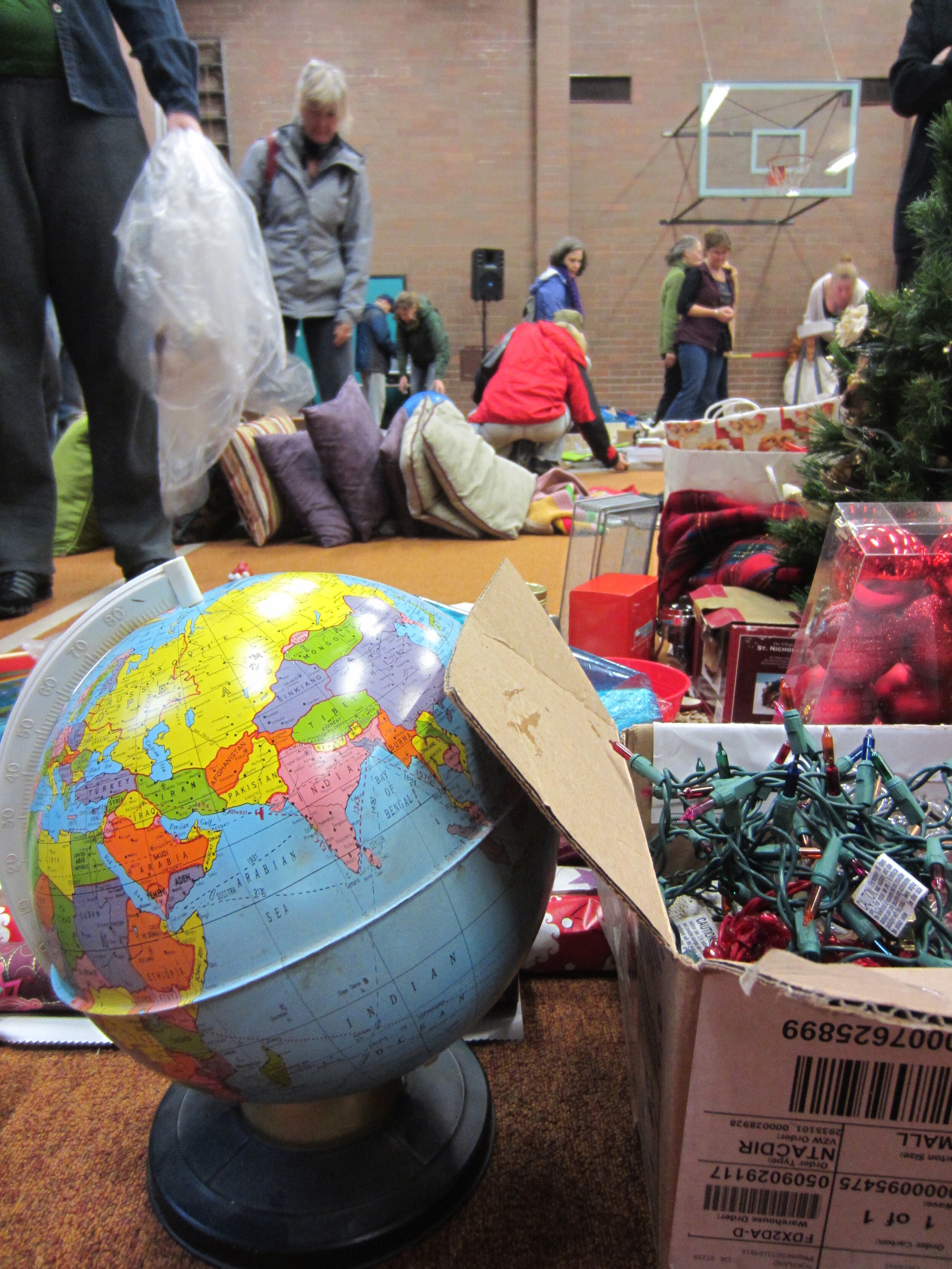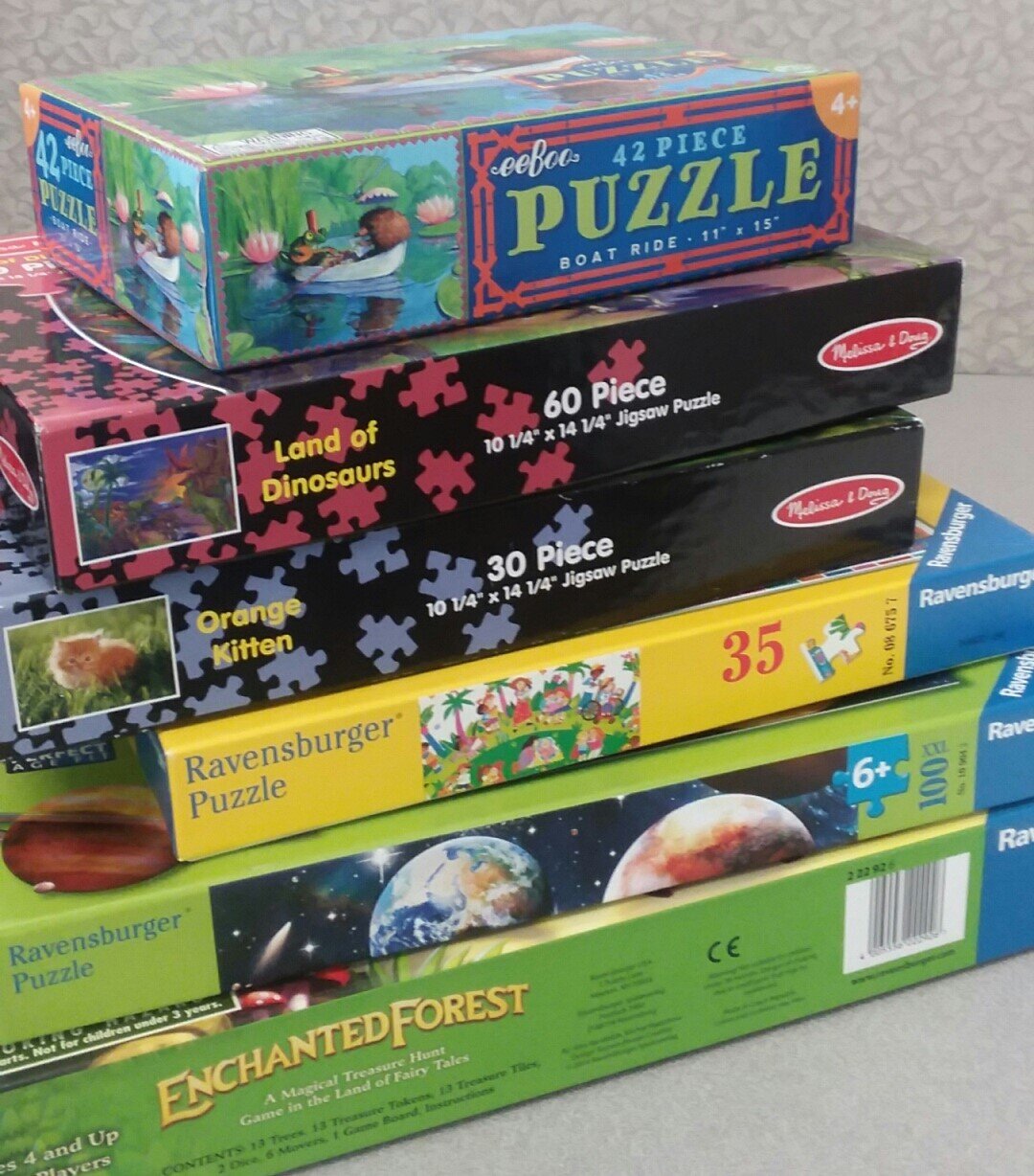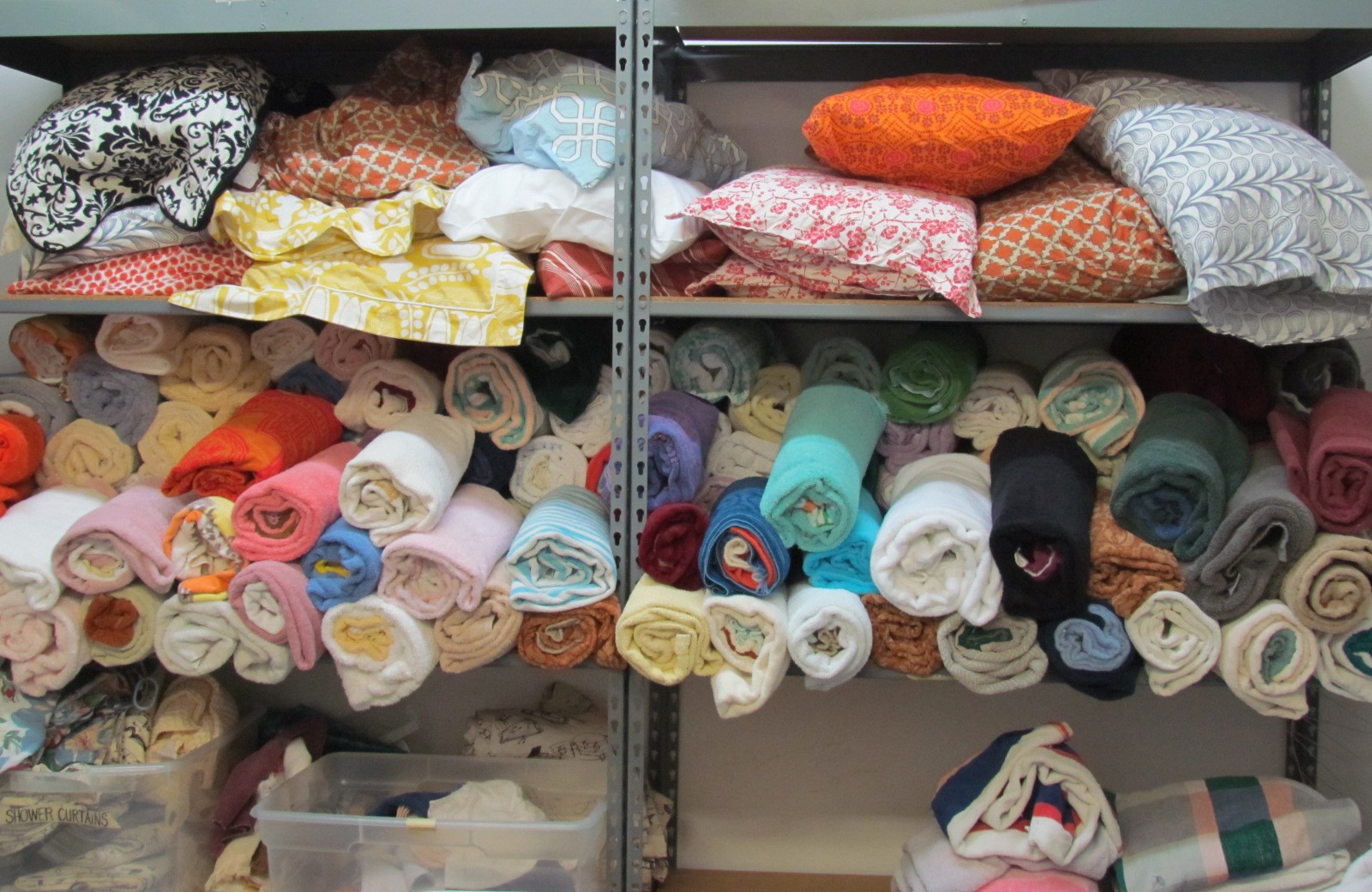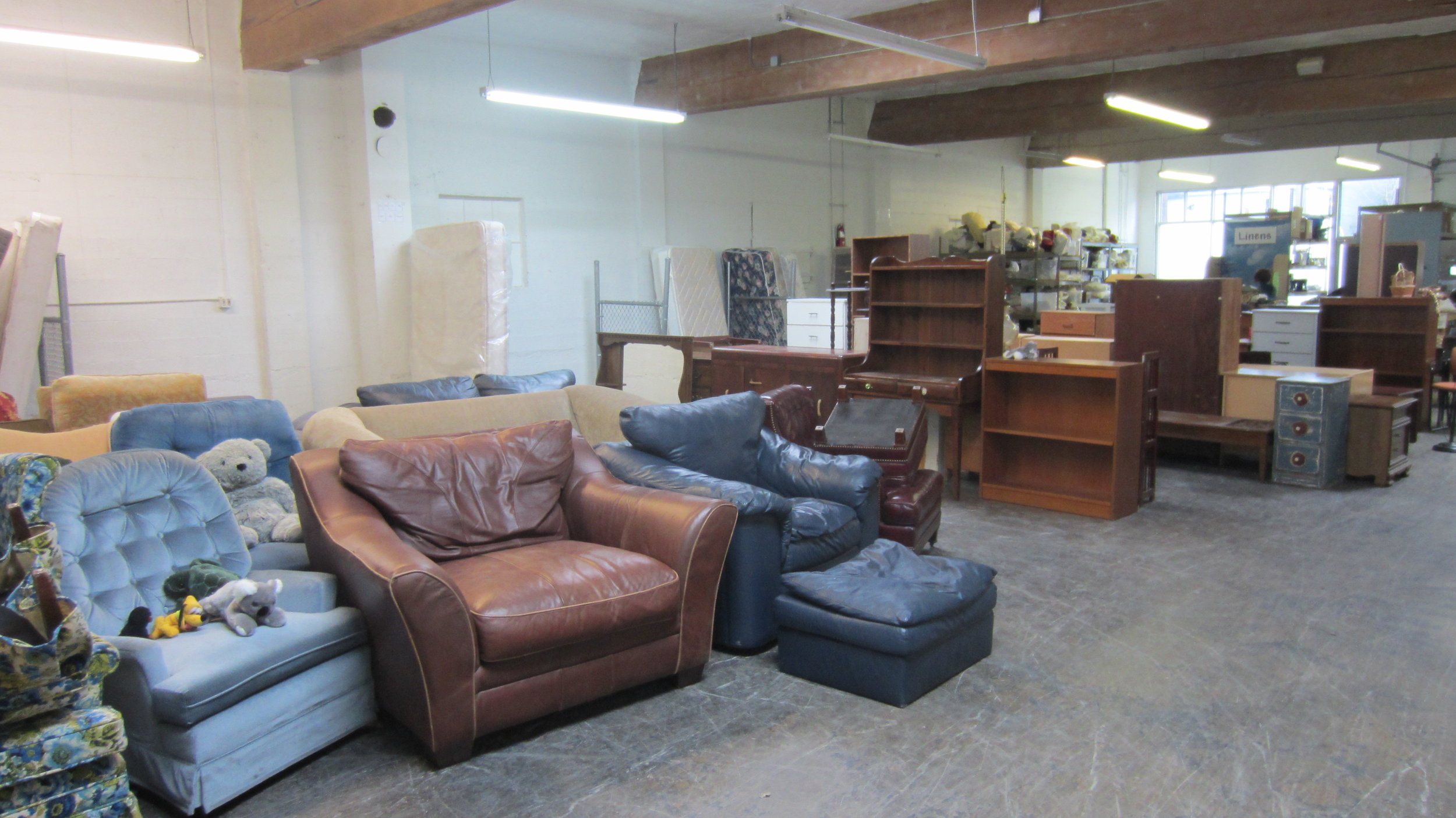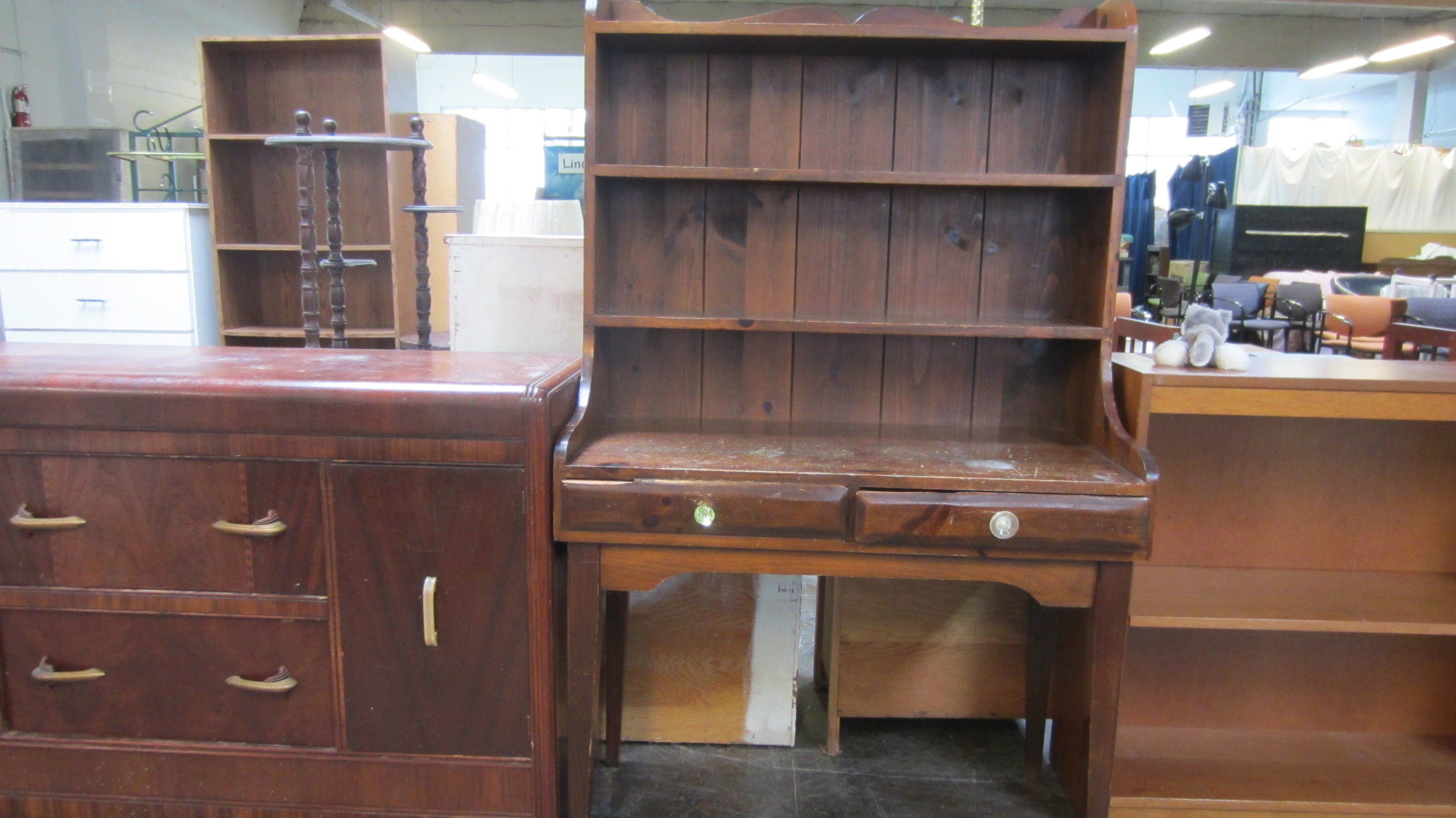Being at home has allowed for time to chip away at the task list, which inevitably includes spring cleaning. We’re living in a different world now so taking a thoughtful approach to ridding yourself and your home of unwanted items needs to be handled differently too.
Declutter your space
It may be your whole house, your apartment, your garage, or just your closet. Take stock of your stuff – from small appliances, kitchen utensils, clothes, or old electronics – and separate the usable stuff from what you no longer need or want.
Put the stuff you don’t want in a box for now, but take some time to research ways to sell, donate, or recycle them once places reopen. So many of our things can have another life, but some items are indeed trash and should be thrown away.
Donate thoughtfully
As with much of our favorite places like restaurants, theaters and pubs, donation centers are closed to the public. In Portland, many reuse organizations are seeking financial support while their doors are closed and specifying what to save for donation when it is safe to offer them. Some have even come up with ideas for residents to help - or shop - in other ways.
These items will be of value to area nonprofits once the pandemic ends. So instead of sending them to the landfill, consider locating a clean, dry space to store these in your home, attic, or garage.
Local resources adapt with the times
Community Warehouse asks that supporters create a donation pile of gently used items for future drop off or sponsor at Home 2 Go Kit now.
Beginning May 11, you can drop off the following items at the Portland Warehouse between 10 AM - 4 PM on weekdays only:
kitchen tables
kitchen chairs
dishware (plates, bowls, cups, and silverware - no china or metal-rimmed dishware)
cookware (pots, pans, cooking utensils)
small appliances (microwaves, toasters, coffee makers)
sofas (no sleeper sofas, sectionals, or recliners)
armchairs
Free Geek provides refurbished laptops and technology support to students and others, plus encourages donations and online shopping to support their ongoing work. There are some services available for the public to be aware of during this time.
Habitat ReStore now has an online store for residents to buy used goods anytime. Beginning May 9, their Portland store reopens for shopping; between 10 AM – 6 PM, Thursday through Monday only.
The ReBuilding Center is offering appointments to come and shop for building and home supplies so you can work on projects. They have limited hours for donating materials; between 11 AM – 4 PM, Wednesday through Saturday only.
SCRAP Creative Reuse now has an online store for shoppers to buy used and new materials.
Buy Nothing Project members post anything they’d like to give away, lend or share for free. It is neighborhood-and-Facebook based, focused on items to borrow or acquire from neighbors. That includes things you may be finding as you declutter and clean up for spring!







